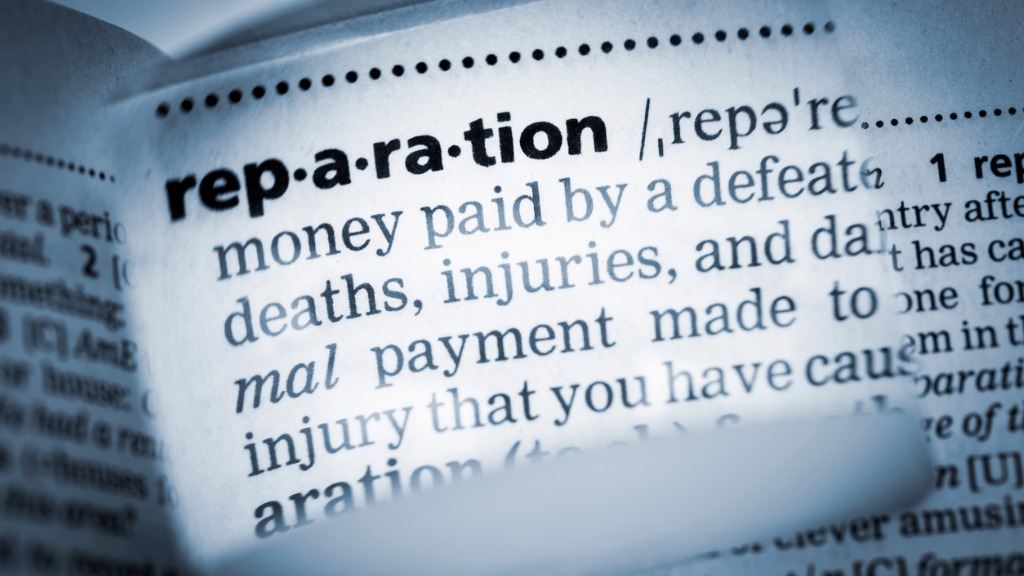
The state of California made news last week when its reparations task force voted to limit any future reparations programs to the descendants of free and enslaved black people who were in the United States in the 19th century. The move was controversial because some people wanted all black people, regardless of lineage, to be included.
Eligibility is one of many contentious issues tied up in the push for reparations. What makes the debate so difficult is the reality that emotion acts as the primary driver of any discussion, even among people who are in favor of monetary compensation.
The push for reparations is not new. Rep. John Conyers first introduced the Commission to Study and Develop Reparation Proposals for African-Americans Act in 1989 and reintroduced it in subsequent congressional sessions over the next 30 years until his retirement.
Others have made the argument in the broader culture, including lawyer and activist Randall Robinson’s book “The Debt” in 2001 and the 2014 essay in the Atlantic by Ta-Nehisi Coates entitled “The Case for Reparations.”
The issue picked up steam in the 2020 Democratic primary, and now a bill to study reparations – building on the work of Rep. Conyers – is stalled in the House.
The public conversation around reparations today includes proposals for everything from direct cash payments to free college tuition, land, business grants, and tax exemption. It also rests on lineage distinctions between American descendants of slavery (ADOS) and black immigrants from the Caribbean and Africa who came to America in the latter part of the 20th century.
Black Americans who support reparations feel they should be able to collect the recompense their ancestors were owed for the hundreds of years of labor that were uncompensated through legalized slavery. They would also argue that even after the Emancipation Proclamation and the 13th Amendment, efforts to grant freedmen full citizenship rights were consistently blocked, whether by the premature termination of the Freedmen’s Bureau or the enactment of Jim Crow laws that made segregation the norm through public policy and social custom.
